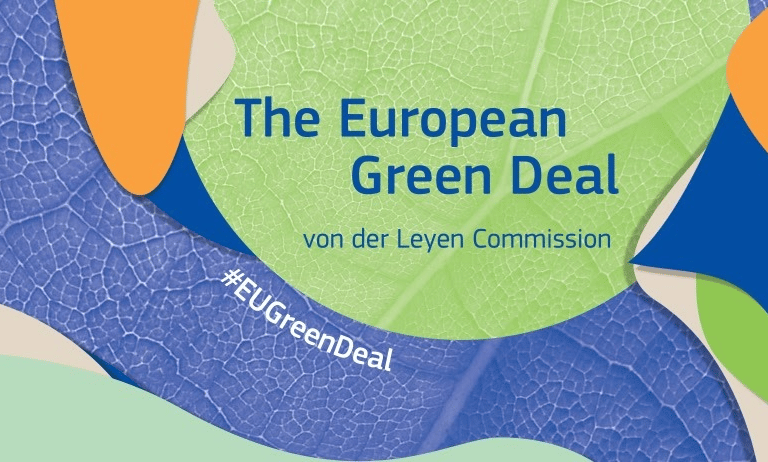

Press release
For media inquiries, please email andrew.sum@grst.com
EU’s Green Deal to accelerate removal of toxic chemicals in lithium-ion battery production amongst European electric car makers
Hong Kong, August 26, 2021 – New Green Deal regulations on batteries¹ by the European Union (EU) that will come into force in January 2022 should accelerate the way electric vehicle batteries are recycled, but also how they are manufactured, says GRST. GRST is an award-winning Asian technology start-up whose clean, water-based battery manufacturing and recycling technology is connected with the German Research Fab Battery Cells (FFB) Program ².
GRST, which recently issued a list of 10 inconvenient truths about the environmental hazards of current lithium-ion battery mining, production, and recycling methods, believes that European carmakers have the responsibility to eliminate the use of toxic chemicals in the solvents and binders of cathodes found in conventional lithium-ion batteries. Such chemicals, such as N-methyl-2-pyrrolidone (NMP) and polyvinylidene fluoride (PVdF), contribute significantly to the greenhouse gases emitted during battery manufacturing and recycling. Due to their highly heat-resistant nature, valuable lithium-ion battery materials, such as cobalt, lithium, aluminum, iron phosphate, nickel, and manganese, can only be recovered with the use of extreme temperatures and acids, making the recycling process highly hazardous and expensive.
The start-up estimates that about 75 kilograms of greenhouse gases are generated by the manufacture of one kilowatt-hour of energy in a typical European electric car battery pack. This means a 45 to 80 kilowatt-hour electric car driven in the EU would have released between 3.4 and 6.0 tonnes of greenhouse gases even before it was purchased by a consumer, primarily due to the use of toxic chemicals in their lithium-ion batteries.
Such environmental pollution will become even more severe as the European electric vehicle market continues to grow at about 36% per year ³. The Netherlands, Norway, and Germany already have plans to ban the sale of conventional fossil-fuel vehicles in favour of electric vehicles in five to nine years’ time.
GRST, a long-time advocate for clean, water-based solvents and water-soluble binders, says that there is no need to rely on toxic chemicals such as NMP or PVdF. For example, its patented water-based technology WATMAR³ eradicates these toxic chemicals from battery manufacturing and recycling processes, making such processes safer for factory workers. In addition, WATMAR³ also cuts greenhouse gas emissions from lithium-ion battery manufacturing and recycling by as much as 40% and 80% respectively.
“In recent years, leading European automakers such as Audi, BMW, Mercedes-Benz, Volkswagen, and Porsche have all launched electric car models. Now, some car marques are even building their own lithium-ion battery factories. This is a crucial time for leading European electric car makers to set a greener standard for lithium-ion battery manufacturing and recycling processes,” said Dr, Bill Ho, Chief Scientific Officer of GRST. “By using clean, water-based lithium-ion battery technologies, we will not only eliminate several million tonnes of greenhouse gases from the environment each year, but also make the working conditions at battery manufacturing plants much safer and cleaner too.”
Annotations
1. The European Commission’s new Circular Economy Action Plan, which is part of its wide-ranging Green Deal, will require all electric car lithium-ion batteries consumed in the European Union to be collected in full by 2030 and valuable materials from these depleted batteries to be recovered as much as possible. The Commission’s aim is to become the world's first climate-neutral continent by 2050 and to retain resources that have been used within the EU economy for as long as possible.
2. FFB is responsible for path-breaking research and innovation in the arena of electromobility. It was set up by the Lehrstuhl Production Engineering of Emobility Components (PEM) based at RWTH Aachen University, one of Germany's leading institutes of higher education in technology.
3. Europe Electric Vehicle Market report by Market Data Forecast
About GRST
GRST is a technology company with strong research capabilities in water-based manufacturing and recycling solutions of lithium-ion batteries. Our award-winning, patented WATMAR³ technology creates high-performance lithium-ion batteries at lower costs and lower GHG emissions. For more information, please visit grst.com



